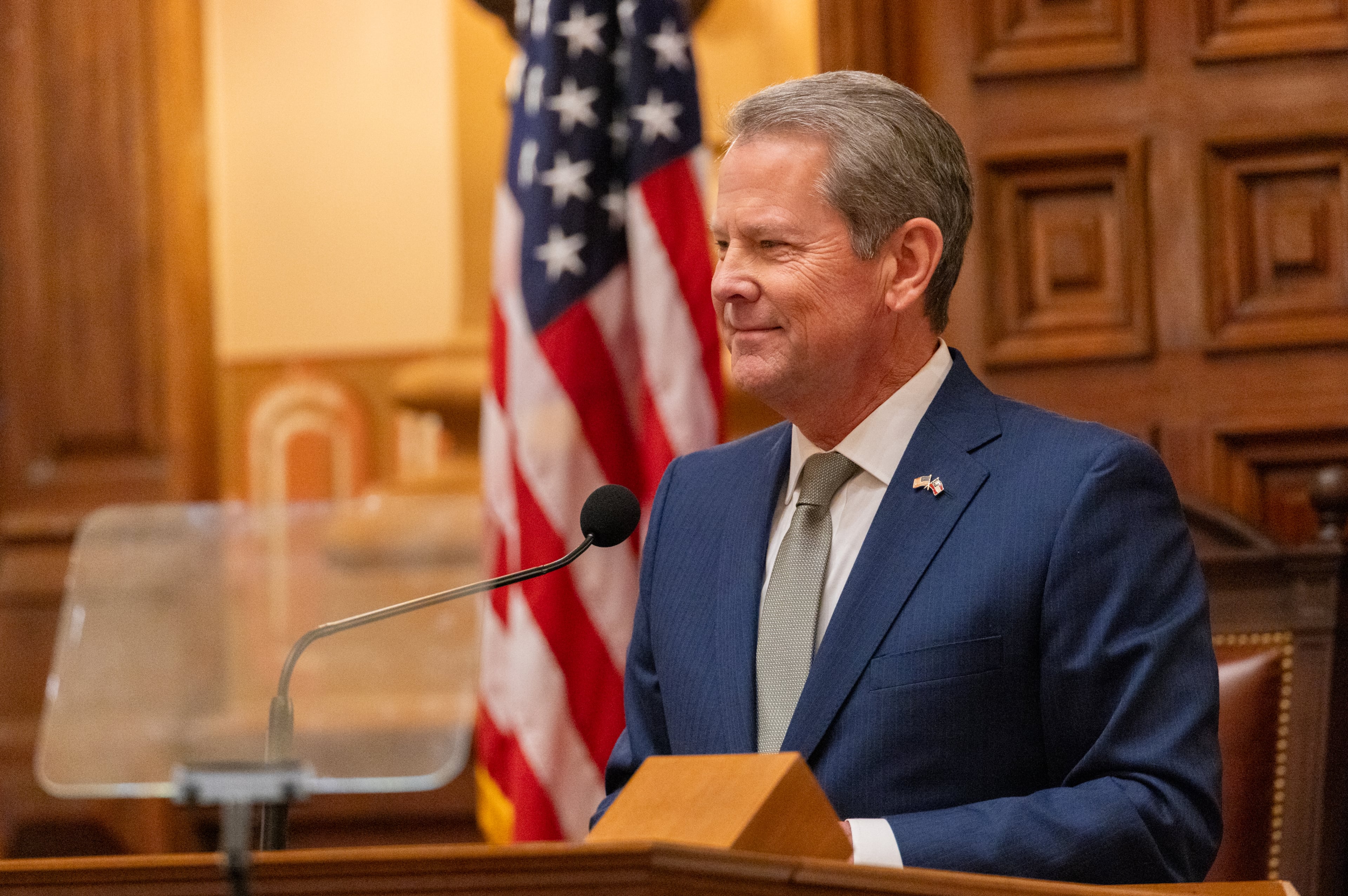A coed named Penelope spring boarded needed resources for KSU students

Q: I’d like to know about the “care” program offered at KSU. Would you tell me about it?
A: You are inquiring about the KSU CARE services program that assists in supporting students experiencing a range of insecurities.
KSU CARE stands for Campus Awareness, Resource and Empowerment. They celebrated their 10th-year anniversary last August according to its director Marcy Stidum.
“At that time, there was not a name for the service, but the time when we first served the first student, Penelope,” she said.
“That’s when I learned about college homelessness,” said the director. “I was completely unaware that this was an issue. Because of her we are where we are today.”
Four programs are offered. Two are direct support to KSU students.
Emergency assistance supports those experiencing financial hardship, in partnership with financial aid, Stidum stated. “The beauty of that is it becomes a way for us to find students who could be homeless or in foster care who need us. Also, it is a preventative way to maybe partner with financial aid, see what resources or benefits are on campus ... .”
According to Stidum, KSU CARES is where it all began and contains the biggest depth in services with six key areas.
Two grocery-style pantries that offer freedom of food choices - one at each campus, case management, temporary housing, public benefits, scholarships and ASCEND.
“Our program has been documented three or four times as a national best practice,” the director stated.
The two top needs are pantry and case management, but she notes that the latter gets you connected to all the services.
Their national training program called CARE Roadmap was launched this year. “A way for colleges to learn from our successes, failures, our strategic plans for the future,” Stidum said. “We are welcoming schools to learn from us and help craft something that is unique and special to their campuses.”
Yearly KSU CARES serves 650-700 yearly. Since Penelope they have served about 3,000 students according to the director.
For more information, visit https://care.kennesaw.edu/
New to Atlanta or simply have a question about this place we call home? Email your request to atlactualfact@gmail.com


